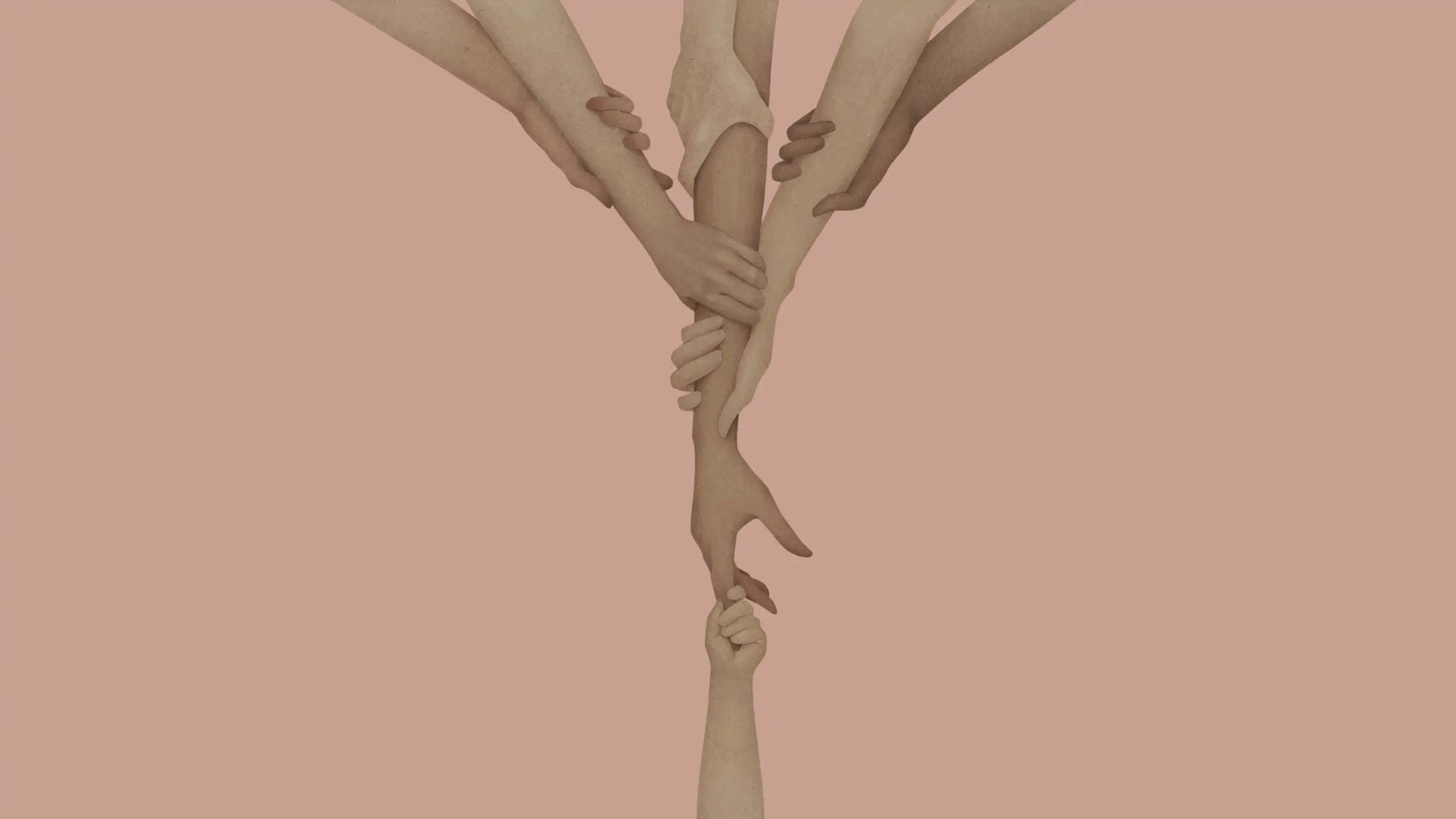Do you have a budding writer in your life? Someone filled with wondrous story ideas, but who feels they don’t quite know how to write a novel? If you’re thinking about a gift for someone you know who loves writing but needs a little nudge, then giving them the gift of writing their own novel this season is the best present of all, writes author and writing coach Emylia Hall.
Books are intimate things
I’ve recently been dipping into The Gifts of Reading, a collection of essays and literary love letters from the likes of Robert Macfarlane, Candice Carty-Williams, and William Boyd, full of personal meditations on the power of gifting stories. For Robert Macfarlane, whose initial essay ‘The Gifts of Reading’ inspired the project, the book he gives again and again is In a Time of Gifts by Patrick Leigh Fermor. The latter is a particularly resonant, if not bittersweet, title for these times, where we’re trying to focus our gratitude and count our blessings, and reach out to others in need; to do, simply, our best.
A recurring idea in The Gifts of Reading is that giving someone a book is a particularly intimate gesture; you profess to know their soul and are serving it accordingly – which perhaps makes it risky gifting territory for some; I’m sure we’ve all had those conversations where we can’t believe that a friend, so seemingly like us in so many ways, can’t stand the very same book that we love. But there’s nothing I’d rather receive at Christmas – although throw in a bar of chocolate too and I really am set.
I rarely regret a read: if it turns out not to be my cup of tea I usually still feel I can take something from the process, even if it’s just further affirmation of what I look for in a novel, and hope to achieve with my own writing. That’s a benefit of reading as a writer – even a disappointing novel has value.
Writing during the festive period
There’s something about the days between Christmas and New Year where I feel particularly connected with my writing – or, more precisely, the idea of it, because I won’t be giving it the same desk-time.
This is rich notebook territory for me; the secret garden of my novel calls, and curled on the sofa, both within the family and just slightly aside from it – I respond with low stakes scribbles and flights of fancy; it’s play-time, away from the usual graft of the work-in-progress.
I always feel especially creatively optimistic through the holidays, hence why I’m more likely to reach for my notebook rather than the TV remote (though there’s plenty of that too). Perhaps it’s the letting go of other responsibilities, so the work I love most looms largest in my imagination. Maybe it’s checking out of social media and news and all manner of other realities, so what remains is purer and solely mine. Or just the feeling of goodwill and hope – even in a year like this one, as Tracy Thorn sings in ‘Joy’ (a particularly grown-up and exquisite Christmas song) ‘it's because of the dark, we see the beauty in the spark’ – and this attitude extends to my writing. At any time of year, our novels and the time to write them, are the greatest gifts we can give ourselves.
A few Christmasses ago I received Big Magic by Elizabeth Gilbert, and it instantly became one of my favourite books on creativity. Consider these words from Gilbert:
Surely something wonderful is sheltered inside you. I say this with all confidence, because I happen to believe we are all walking repositories of buried treasure. I believe this is one of the oldest and most generous tricks the universe plays on us human beings, both for its own amusement and for ours: The universe buries strange jewels deep within us all, and then stands back to see if we can find them.
The hunt to uncover those jewels — that’s creative living.
The courage to go on that hunt in the first place — that’s what separates a mundane existence from a more enchanted one.
The often surprising results of that hunt — that’s what I call Big Magic.
—Elizabeth Gilbert, Big Magic
How I love ‘walking repositories of buried treasure’.
Starting a new novel
I’m currently starting out on a new idea, and hunting for those jewels – the gems that will decide its colour and shine – is one of the best parts of the process for me.
The fact is, a novel is pure promise up until the moment when we decide to let it go. Then… well, then it is what it is). But until that moment, it can still be anything we want it to be – if we’re brave enough to embrace those difficult questions and act on the answers.
Rewriting can feel daunting – physically daunting sometimes too; I’ve had that feeling where I’m clambering into a novel, hauling sentences, and the exertion required is way more than mental – but when it comes down to it, it’s just rewriting, isn’t it?
I’ve walked away from a novel before too, and that was every bit as liberating as pulling it apart and rebuilding it might have proved enlightening. Sometimes we need to remind ourselves that we’re the ones in charge – and where control in other parts of our lives might feel in short supply, this is something to cherish. With our novels, we decide. They’re worlds of our own making.
And the worst that can happen? We learn. We fail better. We go on.

Focus on your progress
I keep my first Burton snowboard propped up in my writing hut (thank you Christmas 2001). The logo on the deck features an arrow and is said to represent progression – something you have to embrace if you’re hitting the mountain – and that’s why I keep it close by when I’m writing.
I started on my first novel when I lived in the French Alps, so blank pages and pure white snowfields will always be linked for me, but its talismanic status goes beyond that: the sight of my board reminds me that if we love something we keep going at it, we take the knocks, we strive to get better, and occasionally we hit those moments of pure flight that make it all worthwhile.
And we better make our peace with our fallibility (I’ve a chipped coccyx and a curiously numb patch on my left knee attesting to that). Through the novel-writing process, of all the things we learn about craft, we also learn about our own resilience, commitment, desire, and persistence. When we sit down to write, we come face to face with ourselves, and that can be revelatory, inconvenient, downright bruising; but it’s always a worthwhile encounter.
Here I offer you the words of another wise woman, novelist Ann Patchett. She talks of the inevitable gap between immaculate ideas as they live in our limitless minds, and how they end up on the page:
When I can’t think of another stall, when putting it off has actually become more painful than doing it, I reach up and pluck the butterfly from the air. I take it from the region of my head and I press it down against my desk, and there, with my own hand, I kill it. It’s not that I want to kill it, but it’s the only way I can get something that is so three-dimensional onto the flat page. Just to make sure the job is done I stick it into place with a pin. Imagine running over a butterfly with an SUV. Everything that was beautiful about this living thing – all the color, the light and movement – is gone. What I’m left with is the dry husk of my friend, the broken body chipped, dismantled, and poorly reassembled. Dead. That’s my book.
—Ann Patchett
Patchett believes that acceptance and forgiveness are what let us get beyond the point of dismay, and carry on, writing the best books that we’re capable of. Being kind to ourselves, while also pushing for our best work, is a delicate balance. It might feel like a continual inner conversation – one made of coaxing, chastising, caressing.
Many of us have struggled this year, and when we sit down to write we have only the insides of our minds for company; when those minds are restless then focus can be hard to find.
Be gentle with yourself, and know this: your work has the potential to be that spark of which Thorn sings; see and feel its brightness, and trust in it. Writing a novel is – with its highs and lows, its questions and answers, its ebb and flow – a process through which we ultimately get to know ourselves better, and is a formative experience that transcends the manuscript itself. A novel and a more connected self, all wrapped up in one package? That’s got to be a gift that keeps on giving.


.avif)
.avif)


.avif)

.webp)
